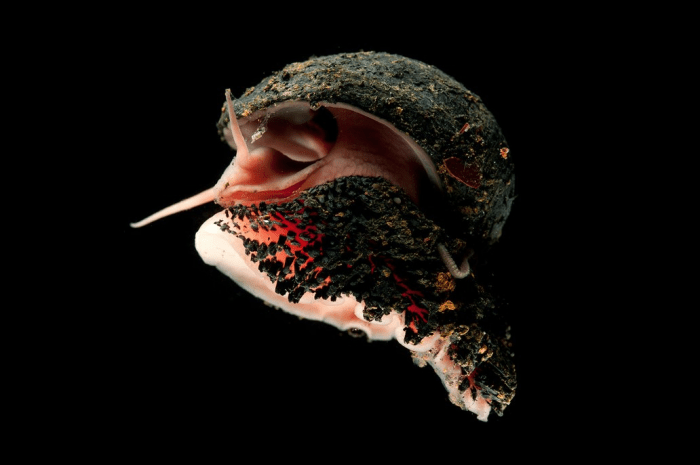
On 9 October 2023, Ocean Census announced a new collaboration with the World Register of Marine Species (WoRMS), a major partner in LifeWatch Belgium, to accelerate the discovery of ocean life. The following announcement is taken from their respective websites.
Ocean Census is proud to announce its partnership with the World Register of Marine Species (WoRMS), hosted and managed by the Flanders Marine Institute (VLIZ). This collaboration will harness WoRMS’ expertise and global leadership in marine taxonomy and taxonomic data management to take a leading role in Ocean Census’s commitment to accelerate the discovery of ocean life and catalyse its protection.
Launched by The Nippon Foundation and Nekton in April 2023, Ocean Census represents a global consortium dedicated to the rapid discovery and preservation of marine life. Although it’s estimated that between 1-2 million species inhabit our ocean, little more than 10-25% have been documented. The pace of discovery has remained fairly stable since the 1840s, with around 1,500 new ocean species being described annually. This rate has only increased slightly since the 1970s, to about 2,000 species per year.
Yet, with the advent of major advances in high-resolution imaging, DNA sequencing, and machine learning, the pace of discovery is set to change, and Ocean Census ambitiously aims to uncover 100,000 new species in the coming decade.
WoRMS is central to the indexing of the discovery of ocean life including the indexing of newly described ocean species and formally accessioning all taxonomy-related data. WoRMS’ is supported by a global network of volunteer taxonomic specialists who will have the opportunity to participate in all aspects of Ocean Census. Whether it’s participating in expeditions to discover new species, engaging in both in-person and virtual workshops to document and describe specimens, sharing the fascinating tales of ocean life discovery, or representing Ocean Census at events, WoRMS will be instrumental to the global collaborative initiative
For the full text, see the Ocean Census website and the WoRMS news page.